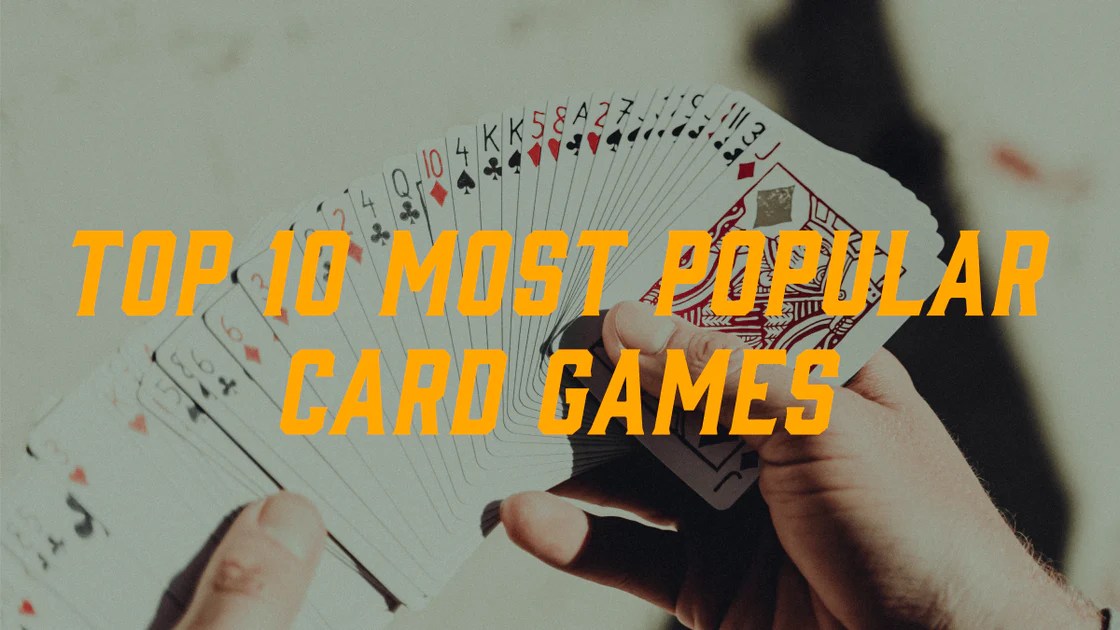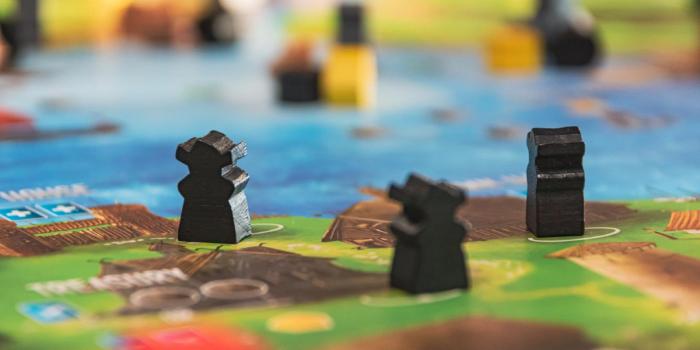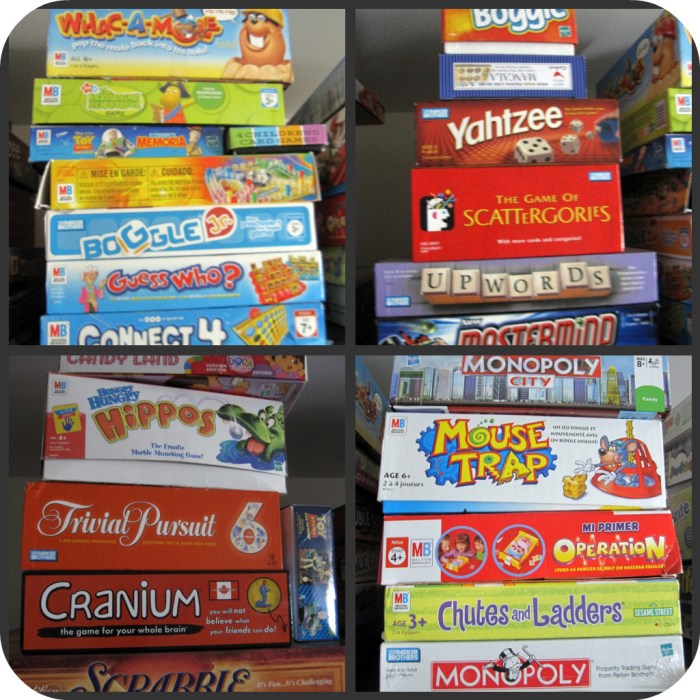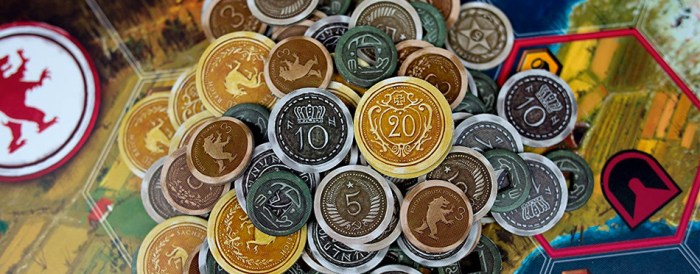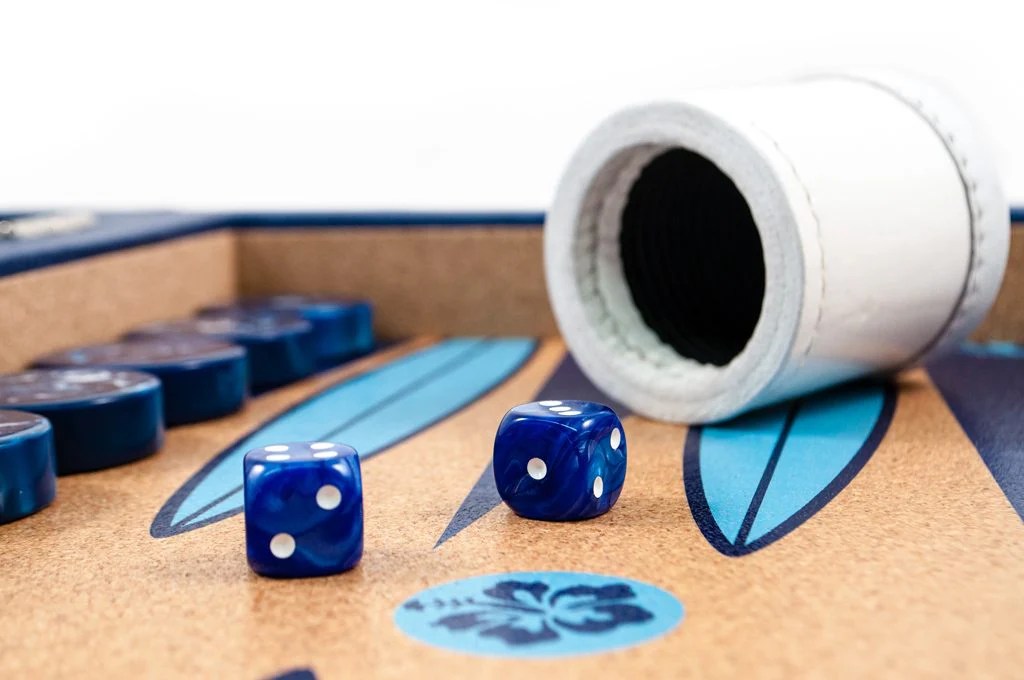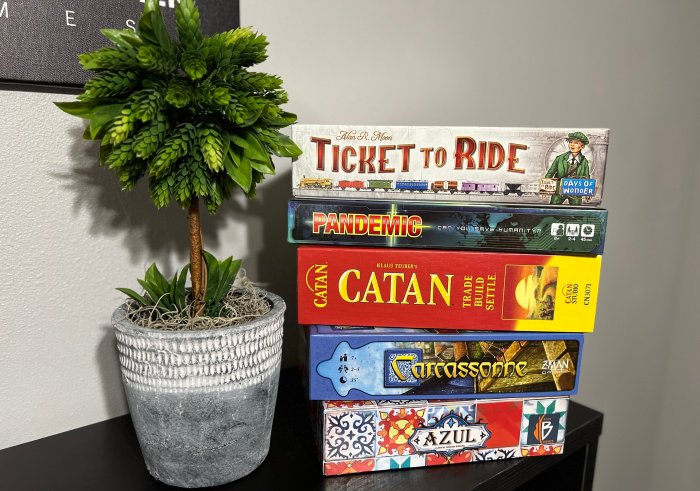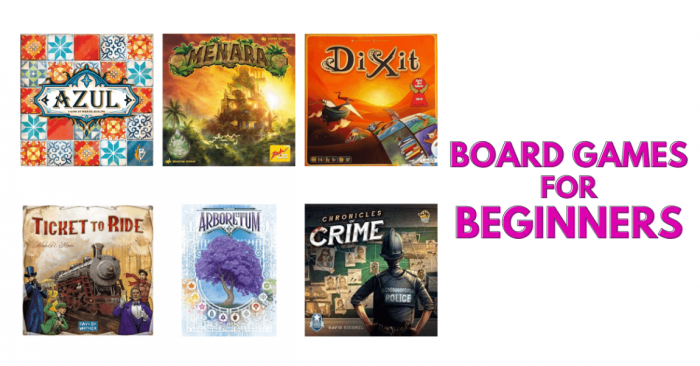
Welcome to the wacky world of Card games with dice, where the thrill of shuffling meets the unpredictable roll of the dice! Imagine a realm where your poker face is just as crucial as your dice-rolling prowess—it’s a playground for strategists and risk-takers alike. Get ready to shuffle, roll, and probably forget where you left your snacks!
Card games with dice bring a unique twist to traditional gaming. By merging card mechanics with the element of chance provided by dice, they create a dynamic experience that keeps players on their toes. We’ll explore various games that incorporate this delightful combo, revealing how they spice up the gaming experience with strategic depth and a dash of luck!
Game Mechanics of Card Games with Dice
In the delightful realm of tabletop gaming, few combinations are as whimsically chaotic as the marriage of cards and dice. Each dice roll introduces a dash of chance, while the strategic layout of cards brings a twist of tactics, resulting in a spectacular blend that keeps players on the edge of their seats, or at least teetering on the edge of the coffee table.
This fusion not only spices up gameplay but also adds layers of unpredictability that can lead to laughter, cheers, and, occasionally, tears.The mechanics of card games with dice revolve around the interplay between drawing cards and rolling dice, creating dynamic interactions that can shift the course of the game in an instant. Dice can serve various purposes, such as determining outcomes, influencing actions, or even modifying the effects of cards played.
The randomness of dice results in an element of surprise, complementing the more calculated decisions made with cards. For instance, players may need to roll specific numbers to activate powerful card effects or score points, inviting them to adapt their strategies based on both luck and skill.
Examples of Popular Card Games Incorporating Dice
Several popular card games have successfully integrated dice into their mechanics, showcasing the delightful chaos that ensues. These games highlight how the combination can elevate gameplay and engage players in exciting new ways. Here are a few prime examples:
- Dice Masters: In this game, players build teams using cards that represent various superheroes and villains. The twist? Players roll dice representing those characters to determine their actions and abilities, leading to epic showdowns.
- King of Tokyo: This thrilling game combines dice rolling with card play as players become monstrous creatures vying for supremacy in Tokyo. Players can gain and play power cards to enhance their abilities, making strategic dice rolls crucial.
- Roll for It: A light and lively game where players roll dice to match cards in their hands, aiming to score points based on the cards they complete. The simplicity of mechanics allows for quick rounds filled with laughter and friendly competition.
- Bang!: This Wild West-themed card game incorporates dice to resolve shootouts and other actions, adding a layer of unpredictability to player interactions and decisions, keeping everyone guessing who the true sheriff is.
Strategic Elements Introduced by Using Dice in Card Games
The introduction of dice into card games adds a richly layered strategic element that can dramatically influence gameplay. Players must not only consider their card choices but also how to effectively harness the roll of the dice. This dual focus creates a nuanced gaming experience where tactics and luck must coexist.Consider the following strategic elements that dice introduce:
- Risk Management: Players must weigh the risk versus reward of dice rolls. Do they push their luck and attempt to roll a higher number, or do they play it safe with a guaranteed card play? The tension of decision-making is palpable.
- Adaptability: Dice rolls can alter the game state rapidly, requiring players to adapt their strategies on the fly. A sudden roll of a double can turn a losing position into a winning one, forcing players to think creatively and adjust their plans.
- Resource Allocation: Players often must decide how to allocate their dice rolls among different cards or actions. This resource management can determine who comes out on top, as smart allocation can lead to powerful combos.
- Player Interaction: Dice outcomes can impact other players, creating opportunities for sabotage or alliances. The unpredictability encourages interaction, sometimes leading to surprising alliances or humorous betrayals.
Each of these elements showcases how the delightful chaos of dice can intertwine with the strategy of card play, creating an unforgettable gaming experience that captivates players of all ages.
Types of Card Games with Dice
Card games with dice are a delightful mashup, combining the strategic depth of card play with the unpredictable chaos of dice rolling. This unique blend creates a dynamic gameplay experience where luck and strategy often dance a thrilling tango. Different genres have emerged within this category, each with its quirks, rules, and levels of player engagement, making them suitable for various audiences and occasions.There are several distinct genres of card games that utilize dice, each bringing its flavor and flair to the gaming table.
Let’s roll up our sleeves and explore these genres, uncovering notable titles that exemplify their characteristics and how they engage players in diverse ways.
Board Game Hybrid Genre
The Board Game Hybrid genre often integrates card and dice mechanics within a larger game framework that includes a board. These games typically involve strategic movement, resource management, and player interaction. The combination of cards and dice adds layers of complexity and excitement.
- Formula D: A racing game where players roll dice to determine movement, utilizing cards to manage their vehicle’s speed and handling. The tension of the dice roll enhances the excitement of the race!
- King of Tokyo: In this monster-themed game, players use dice to attack each other and collect points while drawing power cards to enhance their monstrous abilities. The mix of dice rolling and strategic card play keeps players on their claws!
- RoboRally: Players navigate robots through a chaotic factory floor, using cards to program movements and dice to resolve conflicts. The unpredictability of dice adds a thrilling twist to your carefully laid plans!
Party Game Genre
Party games aim to entertain and engage larger groups, often featuring quick rounds and accessible mechanics. The inclusion of dice brings an element of luck, while cards can introduce fun challenges or actions.
- Liars Dice: A classic bluffing game where players bet on the number of dice showing a certain value. Cards can include special rules or actions, making it a delightful blend of deception and luck.
- Zombie Dice: A push-your-luck game where players roll dice to collect brains while avoiding shotguns. The cards offer special abilities that can change the course of play, enhancing the party atmosphere!
- Chameleon: Players use cards to describe a secret word while rolling dice to determine categories, adding a twist of spontaneity and laughter!
Strategic Card/Dice Games
These games prioritize strategy, with players often needing to think several moves ahead. The melding of card play and dice rolling offers unique tactical options and challenges.
- Dice Forge: A game where players customize their dice with cards representing different faces. The strategic choice of dice faces can lead to powerful combinations and thrilling outcomes!
- Roll for the Galaxy: This game allows players to build civilizations through a mix of dice rolling and card drafting. The strategic depth emerges as players decide how to allocate their resources effectively.
- Gloomhaven: A tactical adventure game where players can use dice to influence outcomes while employing cards to manage actions and abilities. The synergy of cards and dice creates a rich narrative experience.
Comparison of Card Games and Board Games

Welcome to the showdown of the gaming titans: card games vs. board games! In one corner, we have the sleek, strategic card games that can fit in your pocket and can be played almost anywhere. In the other corner, the grand board games, sprawling across tables, equipped with miniature armies and elaborate landscapes; they often require a small cargo van to transport.
Let’s dive into the delightful dynamics and playful nuances of these two beloved gaming categories.
Gameplay Dynamics
The gameplay dynamics of card games and board games can feel like comparing apples to oranges—if those fruits were also competitive, strategic, and occasionally, a little dicey. Each format presents a unique experience:
Card Games
Generally faster-paced, these games often revolve around drawing, playing, and discarding cards. They thrive on quick decision-making, where players must adapt rapidly as the game evolves. Consider games likeUno* or
Magic
The Gathering*, where the tension builds with each turn, and strategic plays can turn the tide in an instant.
-
Board Games
These games tend to emphasize longer, more immersive gameplay. They often include various mechanics like movement, resource management, and area control, which can create a multi-layered strategic environment. Think of classics like
- Monopoly* or
- Settlers of Catan*, where players plot their moves several turns in advance, and the outcome can depend on both skill and a dash of luck.
Player Interaction and Strategy
When it comes to player interaction and strategy, both card games and board games offer unique experiences, albeit with different flavors of engagement.
- Card Games often foster a direct interaction dynamic, where each player’s move can significantly impact others’ gameplay. Players must remain alert and clever, as one wrong play can lead to their downfall.
- Board Games, on the other hand, might create a more laid-back social environment where players can engage in negotiation, alliances, or even betrayal. With interactions that can extend beyond just turn-taking, board games can lead to epic tales of backstabbing and betrayal—prime fodder for game night stories.
Popularity and Appeal Among Audiences
The popularity of card games and board games varies widely among different demographics, appealing to a range of preferences and lifestyles.
- Card Games seem to have the upper hand in terms of portability and accessibility, making them favorites among younger audiences and casual gamers. They often require fewer players and less setup time, ideal for impromptu gatherings or family trips. Titles like
- Cards Against Humanity* and
- Exploding Kittens* have captured the hearts of players with their humorous twists and straightforward rules.
- Board Games attract a more dedicated crowd, often involving deeper strategy and longer play sessions. This genre tends to appeal to enthusiasts who relish the challenge of complex rule systems and intricate gameplay mechanics. Games like
- Terraforming Mars* and
- Gloomhaven* showcase rich narratives and sprawling gameplay, making them appealing for those ready to devote an evening—or an entire weekend—to the cause.
In the great gaming arena, whether you lean towards the nimble flick of a card or the careful placement of a pawn, both card games and board games bring friends and families together in delightful competition.
Ultimate Conclusion
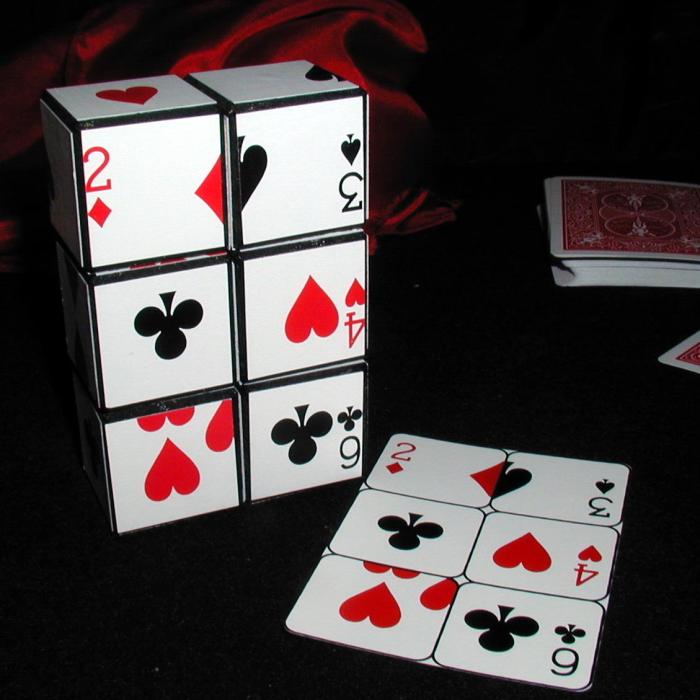
As we wrap up our vibrant journey through Card games with dice, it’s clear that this genre offers an exhilarating fusion of strategy, chance, and camaraderie. Whether you’re rolling to victory or shuffling back to the drawing board, these games promise to keep the fun rolling. Get ready to gather your friends, grab some dice, and let the games begin—after all, the only thing better than winning is winning with a little luck!
FAQ Compilation
What are some popular card games with dice?
Some favorites include “Dice Poker”, “Catan Dice Game”, and “Lords of Vegas”—each offering a unique blend of strategy and chance.
How do dice change the strategy in card games?
Dice introduce an element of unpredictability, forcing players to adapt their strategies based on rolls, making every game a new adventure!
Can I play card games with dice solo?
Absolutely! Many card games with dice have solo variants, allowing you to test your skills against the odds all by yourself.
Are card games with dice suitable for kids?
Yes! Many are family-friendly, promoting fun and learning as kids build critical thinking skills while having a blast!
What do I need to start playing card games with dice?
Just a deck of cards, some dice, and a sense of adventure! Optional snacks and a competitive spirit are highly recommended!

